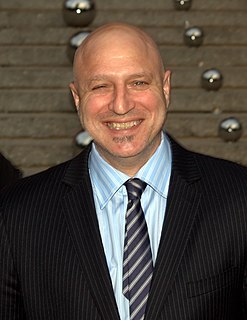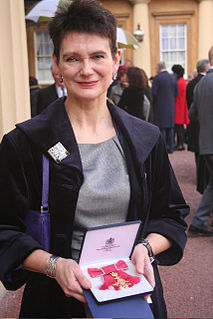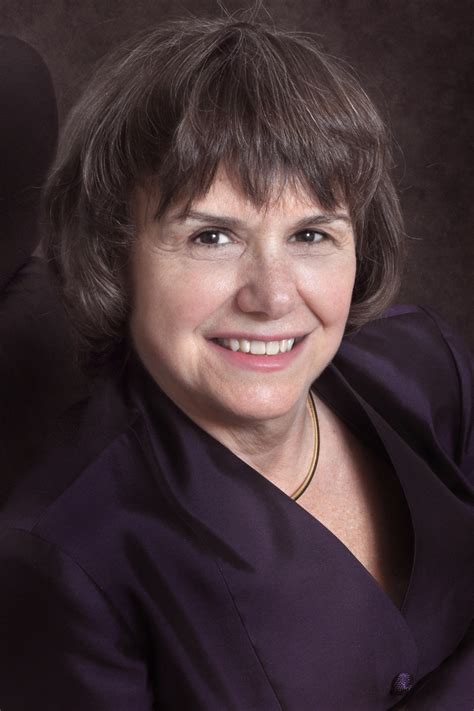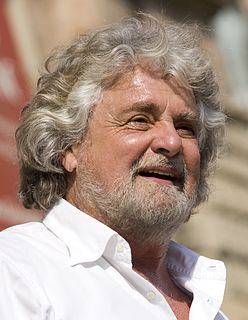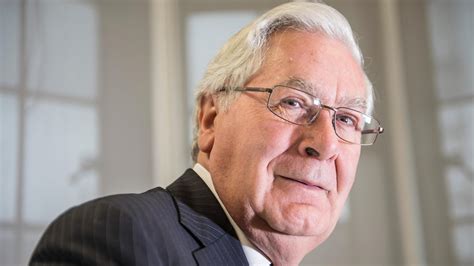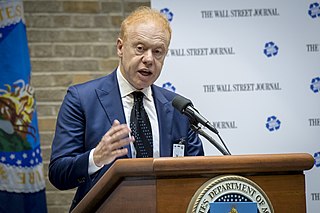Top 1200 Food Banks Quotes & Sayings - Page 2
Explore popular Food Banks quotes.
Last updated on November 25, 2024.
The Black public sector middle class teachers, policeman, firemen, and post office workers, those jobs have been on the decline but there hasn't been a corresponding increase in the private sector. What is especially painful is government policy bailed out the banks without making them make reinvestments for rebuilding. The result is 53-million Americans are food insecure, 50-million Americans are in poverty, 44 million are on food stamps, 26 million are looking for a job.
We [US government] have used our taxpayer dollars not only to subsidize these banks but also to subsidize the creditors of those banks and the equity holders in those banks. We could have talked about forcing those investors to take some serious hits on their risky dealings. The idea that taxpayer dollars go in first rather than last - after the equity has been used up - is shocking.
The Fed has a lot of power in the economy because it has a big impact on the supply and cost of credit, that is, interest rates. It also plays a key role in supervising banks and historically has seemed to take it easy on the banks when it shouldn't have, such as in the lead up to the financial crisis.
Both in the US and throughout the world, there needs to be a growing presence of public development banks. These banks would make loans based on social welfare criteria - including advancing a full-employment, climate-stabilization agenda - as opposed to scouring the globe for the largest profit opportunities regardless of social costs.... Public development banks have always played a central role in supporting the successful economic development paths in the East Asian economies.
Isn't food important? Why not "universal food coverage"? If politicians and employers had guaranteed us "free" food 50 years ago, today Democrats would be wailing about the "food crisis" in America, and you'd be on the phone with your food care provider arguing about whether or not a Reuben sandwich with fries was covered under your plan.
Banks don't want certain asset classes, and that's created opportunities for private equity, hedge funds, Silicon Valley. In this case I think he was referring to some of the European banks shedding assets, and the big buyers are probably not going to be big American banks. Someone like Blackstone may have a very good chance to buy those assets, leverage them, borrow up a little bit, and do something good there.
Agriculture is not crop production as popular belief holds - it's the production of food and fiber from the world's land and waters. Without agriculture it is not possible to have a city, stock market, banks, university, church or army. Agriculture is the foundation of civilization and any stable economy.
I spend so much money on food, just getting the food for me is a tremendous expense, so there's no way I could even think about paying for supplements. I think of all supplements as food derivative anyway, so If I can only choose between getting the food or the supplements I'd rather opt for the food.
On the Glass-Steagall thing, like I said, if you could demonstrate to me that it was a mistake, I'd be glad to look at the evidence. But I can't blame [the Republicans]. This wasn't something they forced me into. I really believed that given the level of oversight of banks and their ability to have more patient capital, if you made it possible for [banks] to go into the investment banking business as continental European investment banks could always do, that it might give us a more stable source of long-term investment.
In a world of businessmen and financial intermediaries who aggressively seek profit, innovators will always outpace regulators; the authorities cannot prevent changes in the structure of portfolios from occurring. What they can do is keep the asset-equity ratio of banks within bounds by setting equity-absorption ratios for various types of assets. If the authorities constrain banks and are aware of the activities of fringe banks and other financial institutions, they are in a better position to attenuate the disruptive expansionary tendencies of our economy.
[I]t's an honor to be a food stamp president. Food stamps feed the hungry. Food stamps save the children. Food stamps help the farmer. Food stamps help the truck driver. Food stamps help the warehouse. Food stamps help the store. Food stamps hire people and feed people. Food stamps save people from starvation and malnutrition. ... Give President Barack Obama a big hand. Show your love. Show your appreciation.











